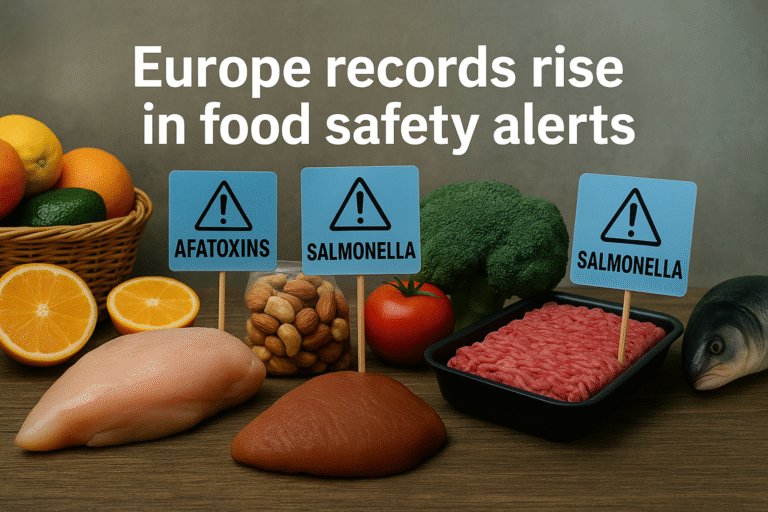Zambia faces its most significant anthrax outbreak in a decade, with 684 suspected cases and four deaths reported by late November 2023. Anthrax, caused by Bacillus anthracis, is transmitted through contaminated animal products, inhalation, or skin cuts. Symptoms vary based on exposure, ranging from itchy skin bumps to severe abdominal pain and vomiting.
To mitigate the outbreak, the World Health Organization (WHO) advises the public to avoid handling and consuming meat from animals that died suddenly. Vaccines for livestock and humans are in limited supply, and meat inspections are underway in abattoirs and butcher shops. The United Nation Food and Agriculture Organization (FAO) is actively involved, conducting monitoring, surveillance, and outbreak investigations.
The FAO, with support from the United States Agency for International Development (USAID), confirmed anthrax as the cause of illness in Zambian communities. Efforts include workshops and training to enhance detection methods in Ghana, Kenya and Nigeria. With high health risks due to multiple exposures, swift and coordinated actions are crucial to curb the impact of the anthrax outbreak in Zambia.
Source: Food Safety News
Reach out to Fresh Group Food Safety Consulting for any inquiries related to food quality and safety.




